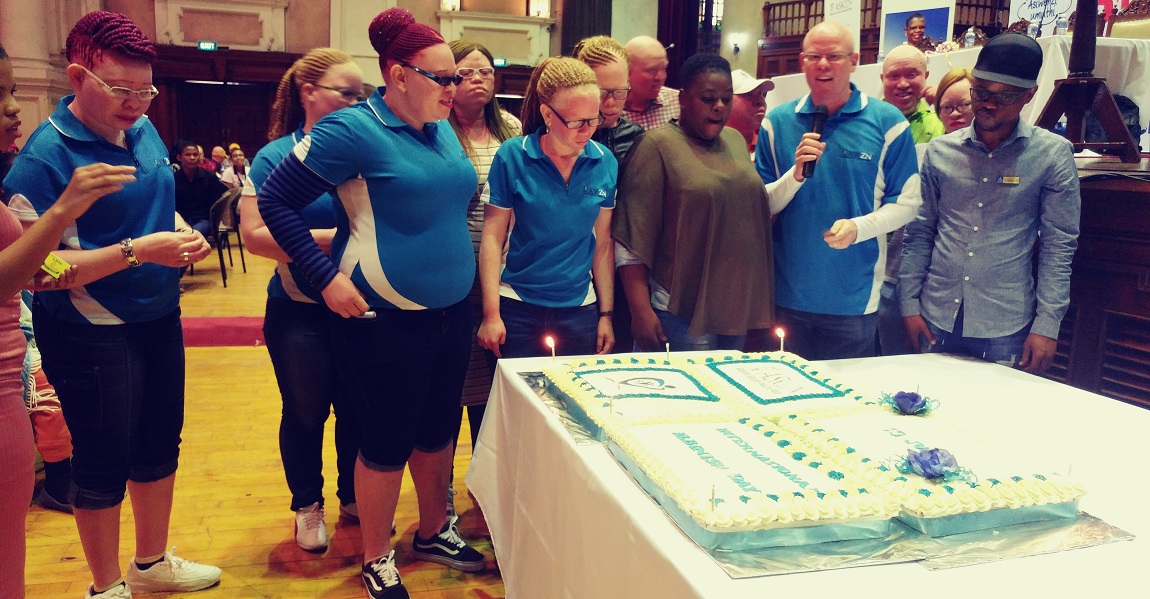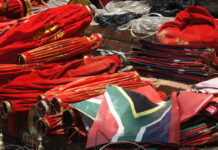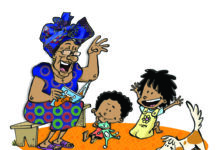Wednesday, 13 June was International Albinism Day, and in commemoration of the day, hundreds of people marched to the Durban City Hall to raise awareness in fighting against killings of people with albinism.
In 2013, the United Nations declared albinism a disability. Speaking at the march, Maxwell Thabethe, the chairperson of Albinism Society KwaZulu-Natal said that this has seen huge change for people with albinism.
“As people with albinism, the world has been looking down on us but this day has made a difference in our lives. People with acknowledged disabilities were discriminating against us even more and before June 13. We had no identity,†he said.
Thabethe went on to convey messages of condolences to the families that lost their families members due to killings of persons with albinism, including those who went missing without a trace.
“On behalf of Albinism Society KwaZulu-Natal, I wish to send condolences to families that witnessed brutal killings of their family members and those families who lost their loved ones without a trace. To mention the few families, it’s the Nathave family who lost their child without a trace, the Mpunzi family that everybody claims to have assisted, and the Jiba family,” he said.
Reports have emerged in the last few years of people with albinism going missing in KwaZulu-Natal, some of whom were found dead later on. Among people who were brutally murdered in the province in the previous years is then 20-year-old Thandazile Mpunzi from the Manguzi, whose body was found dismembered.
Deputy chairperson of KwaZulu-Natal Albinism Society Thembisile Dladla said that this day brought her joy among everything.
“What the United Nations did for us by declaring albinism as a disability healed my heart. For many years I didn’t know my identity and this was a big achievement for us all. Knowing that we were now going to benefit like every disabled persons in terms of schooling and everything else,” she said.
Dladla also said that their work was reaping fruitful results for the younger generation who, unlike them, can now have access to school with special needs being provided for them. She however says that it was not enough.
“We are still being called derogatory names. We want to be fully accepted and embraced as human beings, and not be discriminated,” she said.









